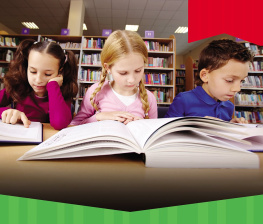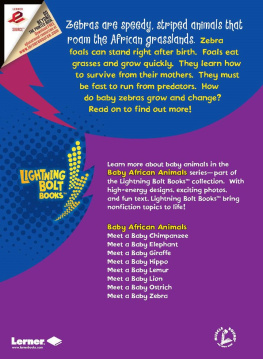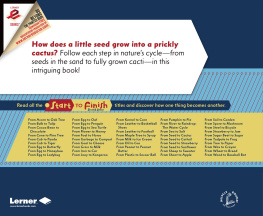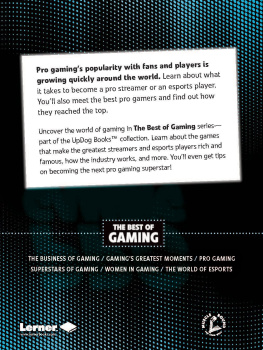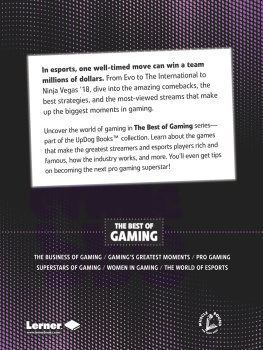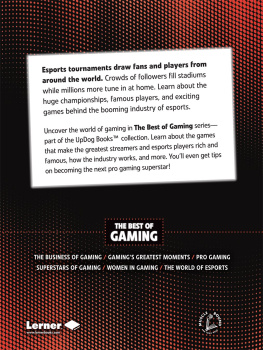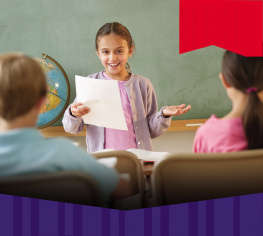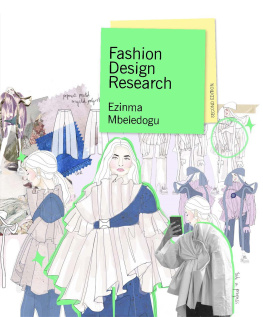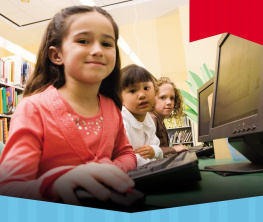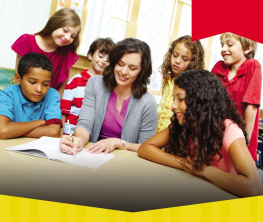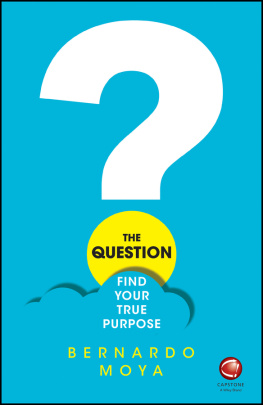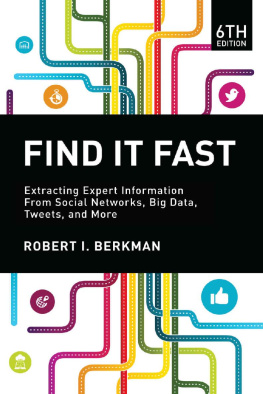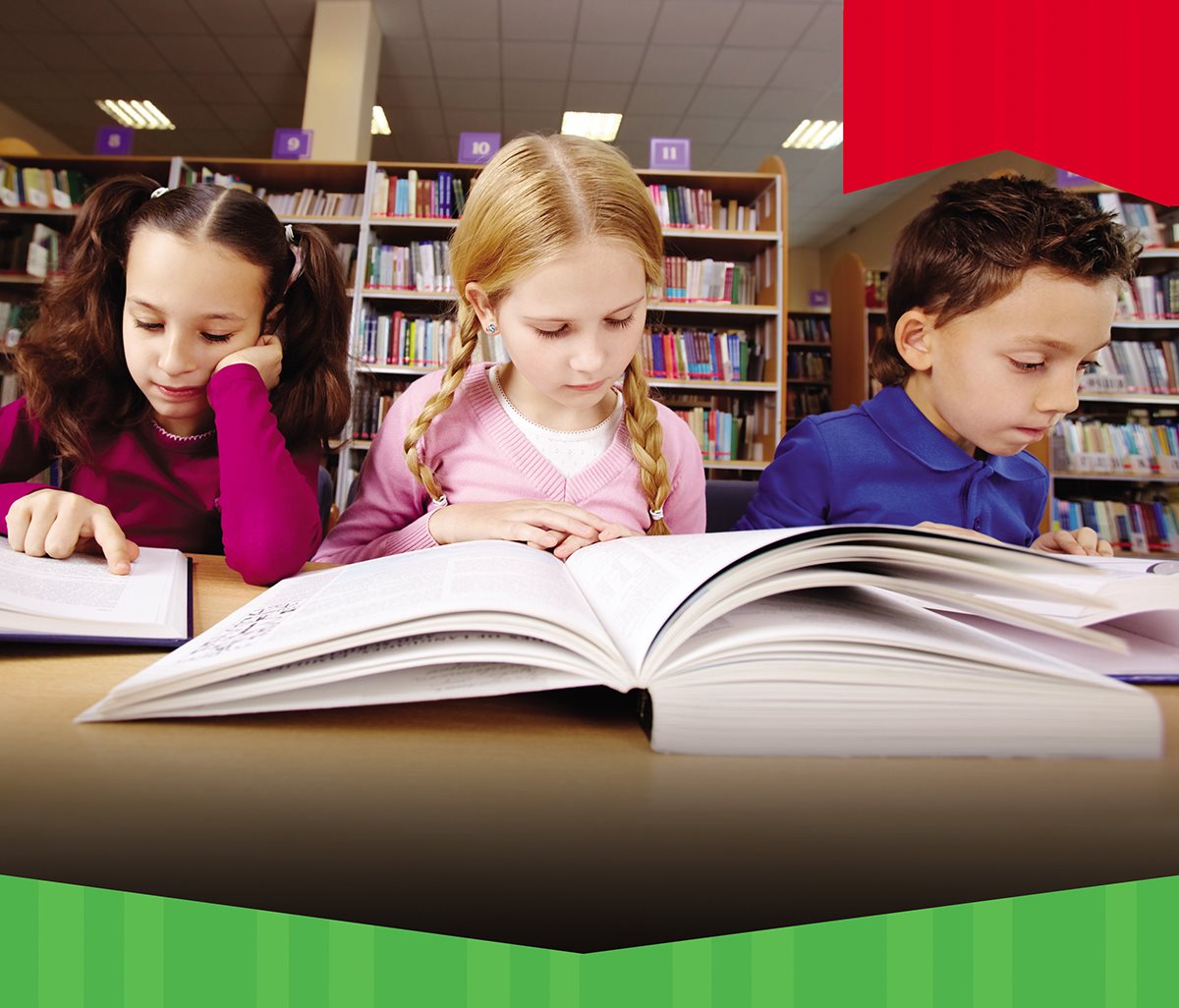LIBRARY
SMARtS
DO YOUR
RESEARCH
LISA OWINGS
For my husband, who teaches me something new every day
Copyright 2014 by Lerner Publishing Group, Inc.
All rights reserved. International copyright secured. No part of this book
may be reproduced, stored in a retrieval system, or transmitted in any
form or by any meanselectronic, mechanical, photocopying, recording, or
otherwisewithout the prior written permission of Lerner Publishing Group,
Inc., except for the inclusion of brief quotations in an acknowledged review.
Lerner Publications Company
A division of Lerner Publishing Group, Inc.
241 First Avenue North
Minneapolis, MN 55401 U.S.A.
Website address: www.lernerbooks.com
Library of Congress Cataloging-in-Publication Data
Owings, Lisa.
Do your research / by Lisa Owings.
pages cm. (Library smarts)
Includes index.
ISBN 9781467715034 (lib. bdg. : alk. paper)
ISBN 9781467717496 (eBook)
1. ResearchMethodologyJuvenile literature. 2. Library research
Juvenile literature. 3. Report writingJuvenile literature. I. Title.
ZA3080.O95 2014
001.42dc23 2013002302
Manufactured in the United States of America
1 CG 7/15/13
Table of Contents
What Is Research?
You already know a lot of things. But there is
always more to learn. Learning means finding
out things you dont know. It means knowing
more about subjects you like. Doing research
is a great way to learn. Doing research means
gathering information.
Ask a Question
Research is about asking questions. What do you
want to know? Do you wonder why stars shine?
Do you want to know how cars move? Maybe
you are not sure what a word means. You can do
research to find the answers!
The first step is to choose a question. Your
teacher might give you a question. Or you might
choose your own. All questions are good. But
some are better for research than others.
Questions you cant answer yet work best.
Questions about your favorite things are perfect!
The best research questions are not too big. Very
big questions are hard to answer. What do bears
do? Thats a big question. Bears do lots of things.
What do bears eat? Thats a smaller question.
The best questions are not too small either. They
are just right. Your teacher can help you ask a
just- right question.
Gather Information
The next step is to gather information. The
library is a great place to do that. It has
books and computers. You can read maps and
magazines. The library has librarians too. A
librarian can help you find the right information.
Think about your question. What information do
you need? Where can you find it? Start with the
library catalog. A librarian can help.
Check different sources. Read books. Go online.
Ask your teacher which websites to use. Good
sources are true. They are easy to read.
Think about your question. Do your sources help
you answer it? Find the table of contents in
your book. Find the index. These tell you where
to find information. You can look up what you
need. You can also find facts online. A librarian
can help you find the best sources.
Finding information is fun. Writing helps you
remember it. Write down each fact. Then write
down its source. What is its title? Who wrote it?
What is the copyright year?
Look at all your facts. Then try to answer your
question. It is okay if you cant. Keep doing your
research until you can!
Share What You
Learned
Have you answered your question? Then it is
time to share what you learned! There are many
ways to share. Write a report or do a project.
Talk to your class or paint a picture. Sharing your
research helps others learn too.
The last step is to think. Think about your

